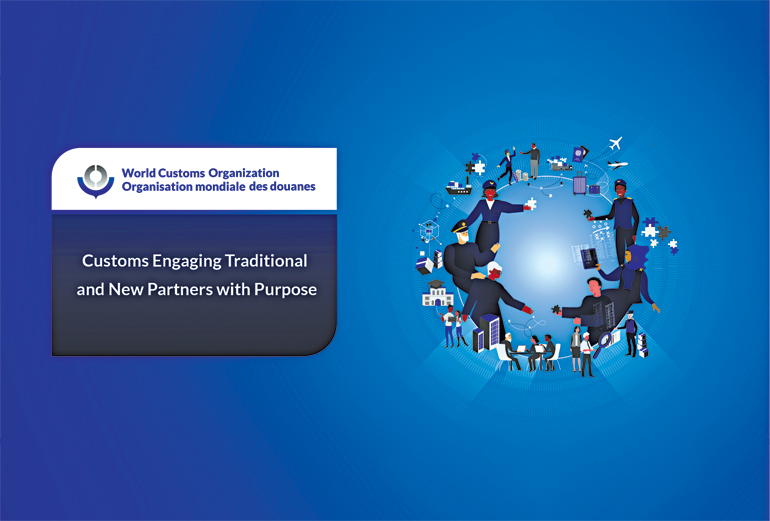Celebrating the vital role of customs in global trade

Exactly 14 days before they celebrate their anniversary on Feb. 6 every year, the Bureau of Customs (BoC), along with other customs agencies communities around the world, come together and celebrate the first council session of the organization that unites them all.
In 1948, 17 European countries set up a Customs Union Study Group to examine the possibility of creating a customs union in the continent, and to develop a tariff common to participating countries. During their first meeting, the study group decided on three conventions that their countries would abide by: one on a common tariff nomenclature, another on customs valuation, and lastly the creation of an international body charged with providing advice on the application of the two agreements and continuing the efforts to secure uniformity and harmony among all members.
Four years later, the study group formally established the Customs Co-operation Council (CCC), now known as the World Customs Organization (WCO). On Jan. 26, 1953 in Brussels, Belgium, the council’s first session came up with the Brussels definition of value, which was widely used for customs valuation until the 1970s. The date is now known annually as International Customs Day.
Based on data from the organization, 185 customs administrations that are members of the WCO collectively process 98% of global trade. The independent intergovernmental body has made it their mission to enhance the effectiveness and efficiency of customs administrations all over the world.
This year, WCO celebrated International Customs Day with the theme “Customs Engaging Traditional and New Partners with Purpose,” with Secretary General Ian Saunders at the helm. In his first message during the celebration, the secretary general highlighted the challenges that the customs community faced over the past decade.
“The theme for 2024 is a strategic call to action, urging us to broaden our perspectives, think creatively, and embrace innovative approaches. This is essential for Customs administrations to maintain their role in facilitating global trade and ensuring security in a rapidly evolving environment” Mr. Saunders said.
The BoC also celebrated International Customs Day locally. Aligned with WCO’s engagement and partnership theme, the bureau reflected on activities they did the previous year that established strong connections with stakeholders, agencies, and customs counterparts.
According to the bureau’s website, the BoC signed a Mutual Recognition Arrangement for their Authorized Economic Operator (AEO) Programs to establish a transparent trading environment with ASEAN countries this year.
The members of the bureau, meanwhile, joined and hosted numerous events, discussions, and assemblies, as well as participated in training sessions to capacitate its personnel in the implementation of the ASEAN Customs Declaration Document.
Additionally, district collectors from all over the country also shared messages emphasizing global collaboration as they celebrated International Customs Day in their areas.
“Together, let us weave a tapestry of progress and partnership, blending the values of our customs heritage with the aspirations of a modern, interconnected world,” Port of Subic District Collector Ciriaco DG. Ugay said in a post shared by BoC’s official Facebook page.
Meanwhile, Atty. Francis T. Tolibas, district collector of the Port of Tacloban, pledged his commitment to the continuous implementation of the BoC’s mandates.
“On this International Customs Day, the Port of Tacloban pledges to further enhance its efficiency and continue to implement the mandates of the Bureau of Customs through proactive actions.”
This year, the BoC aims to publish an operations manual on the AEO programs along with initiatives that seek to increase the participation of stakeholders to support the WCO’s key calls to action. — Jomarc Angelo M. Corpuz



